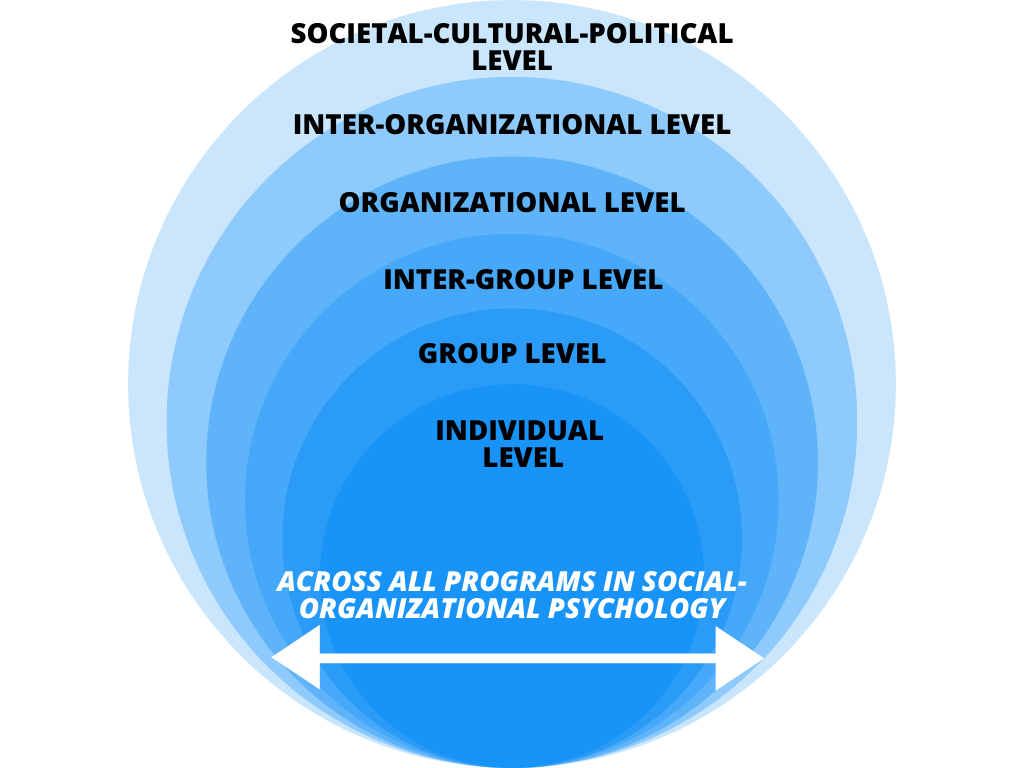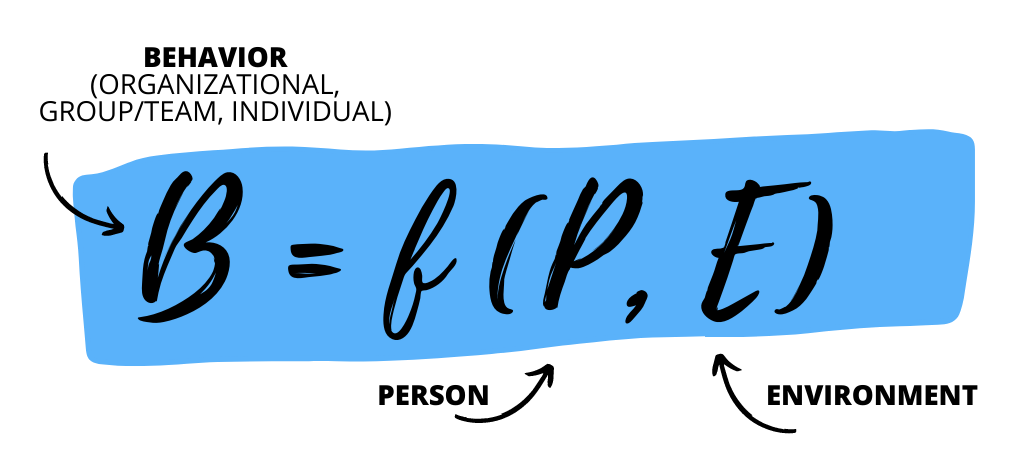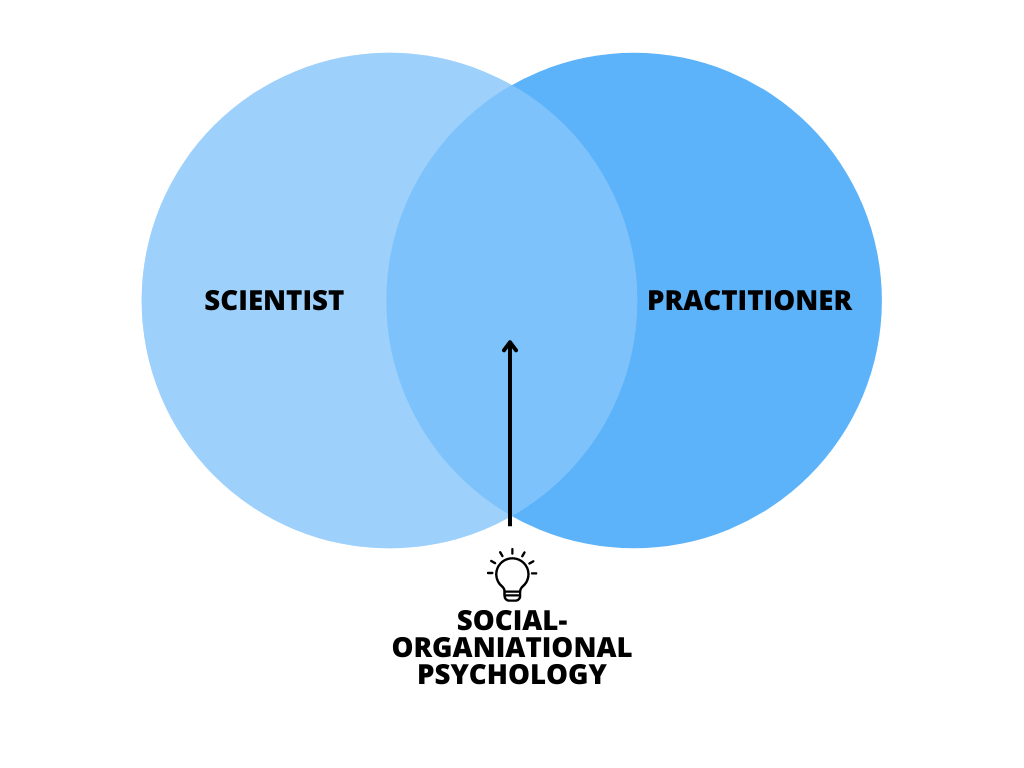Why Social-Organizational Psychology at Teachers College?
Not a traditional I/O Psychology Program
Traditional Industrial/Organizational Psychology focuses more on the "I" than on the "O", that is, it focuses on understanding individual differences among workers and individual jobs. Traditional topics include training and development, performance management and selection to name a few. In contrast, Social-Organizational Psychology places more emphasis on the “O”, that is the organizational and situational context in which employees and groups operate as well as how organizations function as a whole. Social-Organizational Psychology doesn't ignore the "I"; however, it ensures that individuals and individual differences are discussed in the larger context of teams, organizations, and the world.

Behavior is a function of the Person and the Environment
Kurt Lewin’s theory is the foundation on which the Social-Organizational Psychology program rests. We believe it’s as important to focus on the environment (groups and organizations) as the people who work in them. Social-Organizational Psychologists focus on such topics as motivation, rewards and recognition, leadership, group processes, diversity and inclusion, social networking, conflict resolution, organizational culture, organizational change, and organizational performance.

What makes our program unique
- Scientist-Practitioner approach. Our program is guided by a scientist-practitioner model that emphasizes both the systematic study of primary, foundational areas of theory and research and its application to organizational settings.
- Multi-level systems perspective. Our courses, faculty research and practice, emphasize the importance of taking a multi-level focus. In order to understand organizations, we believe you have to understand phenomena at the individual, group and organizational levels of analysis.
- An important part of TC’s mission lies in addressing social inequality. Many members of our community are engaged in teaching, practice and research that has implications for social justice and equity.
